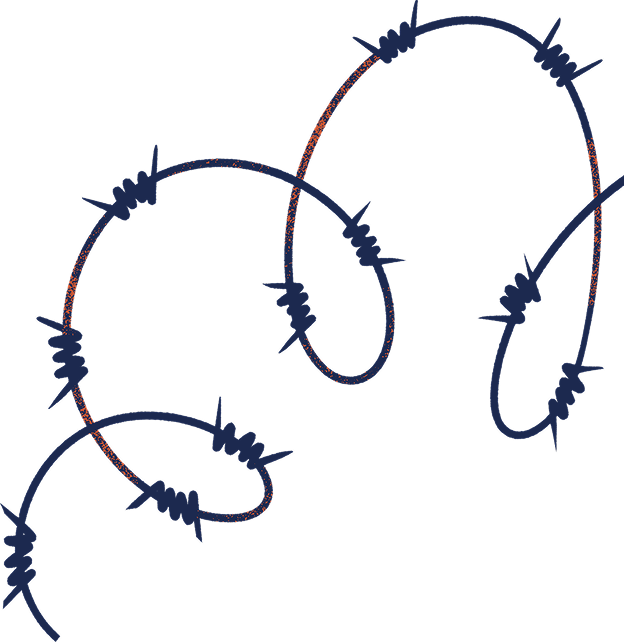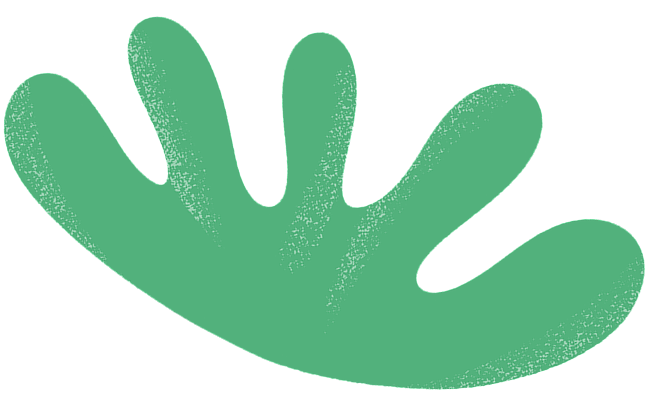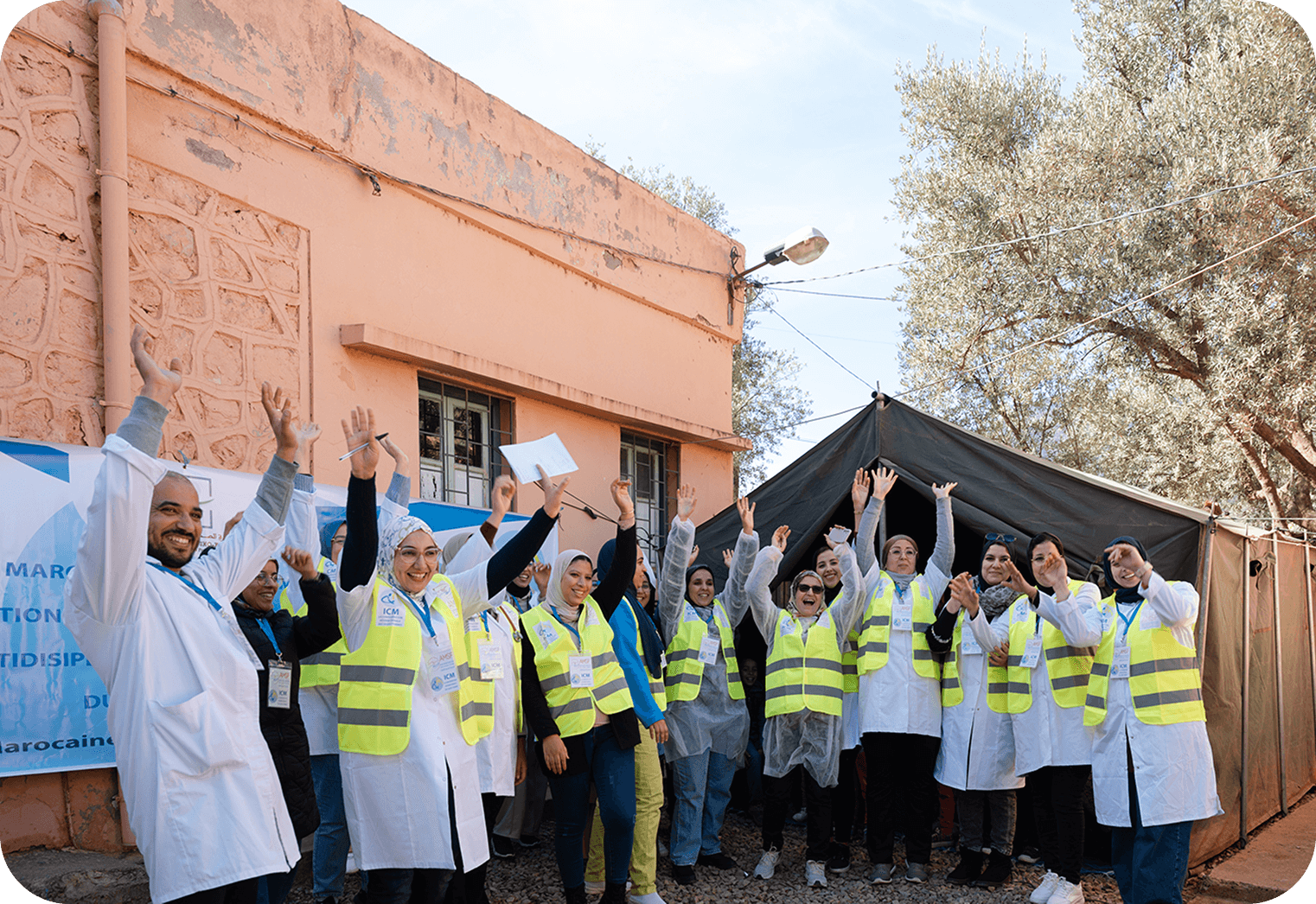critical in every crisis









The world is facing an unprecedented number of compounding crises – natural disasters, conflict, and the ongoing impacts of climate change. These emergencies disproportionately affect women, girls, and gender diverse people, exposing them to heightened risks such as pregnancy complications and sexual violence, while also limiting their access to essential health services.
At the International Confederation of Midwives (ICM), we recognise that midwives are in these challenging times. Midwives are trusted first responders within their communities, who can strengthen health systems to be resilient to crises. They can provide up to 90% of sexual, reproductive, maternal, newborn, and adolescent health (SRMNAH) services, even in the most complex humanitarian settings. For this reason, the theme for this year’s International Day of the Midwife (IDM) is Midwives: Critical in Every Crisis.
To learn more about why midwives are critical in every crisis, watch our powerful advocacy video. It highlights the lthe urgent need to include midwives in crisis preparedness and response planning processes.
Share this video with fellow midwives, on social media, and with policymakers to amplify the message. Midwives are critical in every crisis, and they need to be included in preparedness and response!


This year as we celebrate IDM, we turn our focus to one of the most pressing global issues: the increasing number of crises affecting communities worldwide. Natural disasters, conflict, and climate change are disproportionately affecting women, girls, and gender diverse people.
As midwives, we play a critical role in responding to crises and preparing health systems to protect the health and rights of our communities, even in the most challenging situations. We work in the communities we live in, and are trusted by those we serve. When crisis strikes, are among the first to respond, delivering lifesaving care with minimal resources, distributing essential supplies, and ensuring continuity of care for crisis-induced complications like sexual violence, pregnancy loss, and sexually transmitted infections.




ICM represents over 135 midwives’ associations (MAs) across more than 115 countries. From parades to pop-up midwifery clinics, many of our associations host their own IDM celebrations and we’re excited to provide our community with a platform to promote their fantastic events and initiatives. If you’re an ICM midwives’ association, fill out our form to share your IDM event!
Becoming an ICM member association entitles you to a long list of exclusive benefits. These benefits offer opportunities for professional development, networking, leadership, association support , and much more.
Find out how to take advantage of these diverse benefits to enhance the knowledge of your association and your members, advance the midwifery profession, and champion evidence for improved sexual, reproductive, maternal, newborn and adolescent outcomes.
Find out how to take advantage of these diverse benefits to enhance the knowledge of your Association and your members, advance the midwifery profession, and champion evidence in public policy.




Join us to advocate for midwives as critical in every crisis
This year, we’re highlighting the essential role midwives play in crisis preparedness planning and response, advocating for them to be included in every step of this work. To support this effort, we’ve created a toolkit with social media messages, graphics, templates, and a new background section to help you learn more about this critical and timely topic.
Copy, customise, translate and share these resources before, during, and after 05 May 2025. Special templates are available to add messages in your own language, making it easier than ever to participate.
We invite our member midwives’ associations, individual midwives and partners to join us in advocating for stronger health systems that recognise, include, and enable midwives to deliver lifesaving care when it’s needed most.
#IDM2025
Share our social messages and graphics
🚨 In crises, women face life-threatening risks: pregnancy complications, sexual violence, and reduced access to care.
💡 Midwives are the solution.
👉 It’s time to include them in crisis response plans.
🔗 http://idm2025.internationalmidwives.org/
#IDM2025
🚨 In crises, women face life-threatening risks: pregnancy complications, sexual violence, and reduced access to care.
💡 Midwives are the solution.
👉 It’s time to include them in crisis response plans.
🔗 http://idm2025.internationalmidwives.org/
#IDM2025
Sexual, reproductive, maternal, newborn, and adolescent health (SRMNAH) needs persist, and often worsen during crises, disproportionately affecting women, girls, and gender diverse people. They face heightened risks, including complications from pregnancy, increased exposure to sexual violence, and limited access to essential care. Midwives are crucial in these settings; they can provide up to 90% of SRMNAH services. Their role includes:
Midwives are trusted and have the knowledge and skills to ensure women receive the health services they need, no matter the crisis.
They need to be included and valued in every crisis response plan.
🔗 http://idm2025.internationalmidwives.org/
#IDM2025
Midwives are trusted and have the knowledge and skills to ensure women receive the health services they need, no matter the crisis.
They need to be included and valued in every crisis response plan.
🔗 http://idm2025.internationalmidwives.org/
#IDM2025
Midwives are uniquely positioned to act as first responders to SRMNAH needs during crises. They are based in the community and trusted by those they serve. In crisis settings midwives can:
It can take a long time for aid to reach crises-affected communities, midwives have the networks to adapt and access local solutions.
When midwives are included in preparedness and response plans, they can:
✅ Advocate for SRMNAH needs
✅Prepare families to protect their health during crises
✅ Pre-position lifesaving SRH supplies
✅ Ensure women, gender diverse people and newborns get the care they need
🔗 http://idm2025.internationalmidwives.org/
#IDM2025
When midwives are included in crisis planning, they can:
✅ Advocate for SRMNAH needs
✅ Prepare families for emergencies
✅ Pre-position lifesaving supplies
✅ Ensure essential care for women, newborns & gender diverse people
🔗 http://idm2025.internationalmidwives.org/
#IDM2025
When midwives are enabled and included, they play a critical role in building health systems that are prepared for crises. They can:
Everyone has the right to manage their sexual and reproductive health, even in the most challenging circumstances.
👉 Midwives must be valued and included in every crisis response plan.
#IDM2025
Everyone has the right to manage their sexual and reproductive health, even in the most challenging circumstances.
👉 Midwives must be valued and included in every crisis response plan.
🔗 http://idm2025.internationalmidwives.org/
#IDM2025
Crises deepen inequalities and disproportionately affect women and gender diverse people, often resulting in violations of their human rights. Many face increased risks of sexual violence, unwanted pregnancies, lack of access to contraception and safe abortion care, and limited access to essential health services.
Despite these challenges, they retain the right to make informed choices about their reproductive health.
Midwives play a critical role in upholding sexual and reproductive rights by ensuring access to contraception, comprehensive abortion care, menstrual health, and safe and respectful maternity care.
Everyone has the right to manage their sexual and reproductive health, even in the most challenging circumstances.
👉 Midwives must be valued and included in every crisis response plan.
#IDM2025
In crises, breastfeeding provides newborns with safe, clean, and reliable nutrition—essential for growth and survival.
Including midwives in crisis response plans protects mothers and babies.
🔗 http://idm2025.internationalmidwives.org/
#IDM2025
In crises, breastfeeding provides newborns with safe, clean, and reliable nutrition—essential for growth and survival.
Including midwives in crisis response plans protects mothers and babies.
🔗 http://idm2025.internationalmidwives.org/
#IDM2025
In crisis settings, breastfeeding provides newborns with safe, clean, and reliable nutrition – crucial for survival. Midwives play a key role in supporting mothers to initiate and continue breastfeeding, protecting newborn health and reducing mortality.
Midwives have the right to:
-Work without fear of violence or harm – health workers are #NotATarget.
-Access the tools and resources they need.
-Be included in crisis planning and decision-making.
👉 Protecting midwives’ rights ensures they can continue saving lives.
🔗 http://idm2025.internationalmidwives.org/
#IDM2025
Midwives have the right to:
-Work without fear—health workers are #NotATarget
-Access essential tools & resources
-Be included in crisis planning
👉 Protecting their rights means saving lives.
🔗 http://idm2025.internationalmidwives.org/
#IDM2025
Midwives are first responders during crises, providing lifesaving sexual, reproductive, maternal, newborn, and adolescent health (SRMNAH) services. Yet, their right to work in a safe environment where their rights are respected is often overlooked.
During crises, midwives face unsafe working conditions and an increased risk of experiencing violence. At the same time access to fair pay, essential resources, medications and personal protective equipment is often lacking, making it difficult for midwives to provide quality, safe care.
Midwives have the right to:
Protecting midwives’ rights is essential for their personal safety and to ensure women and gender diverse people get the care they need.